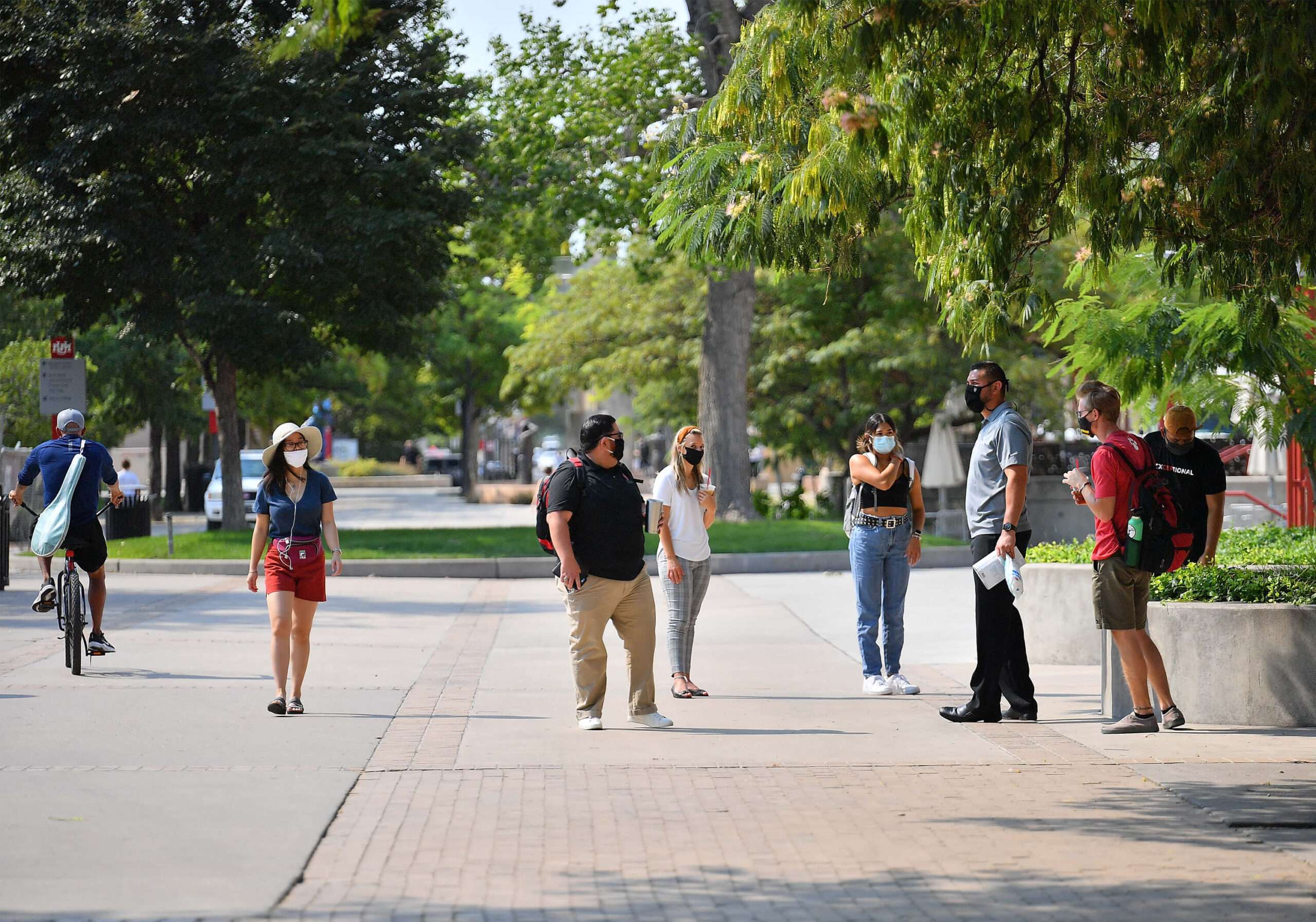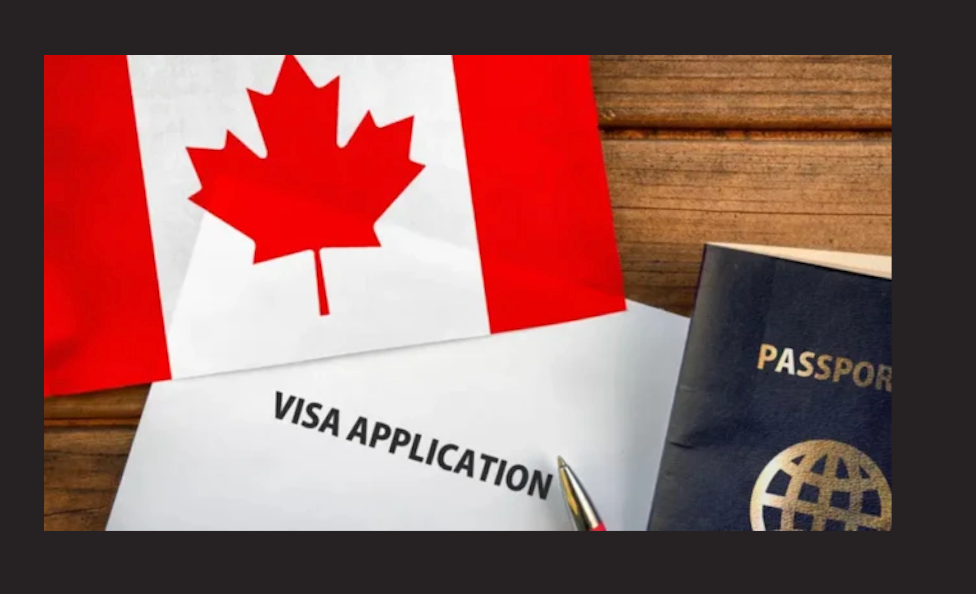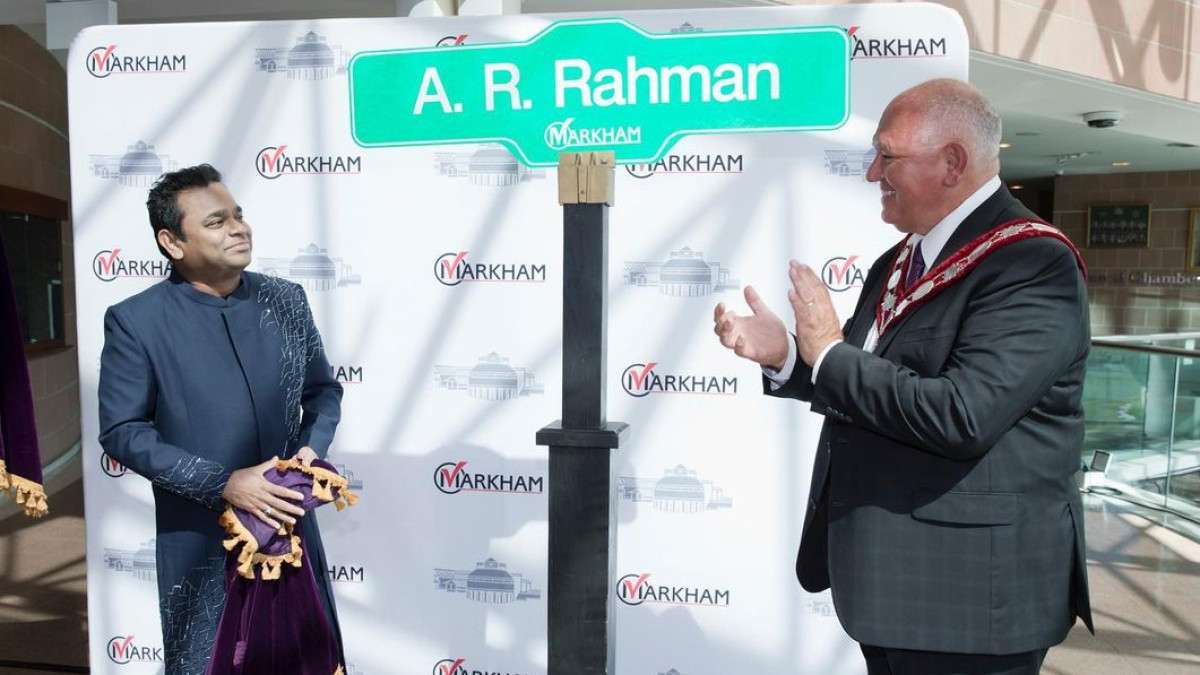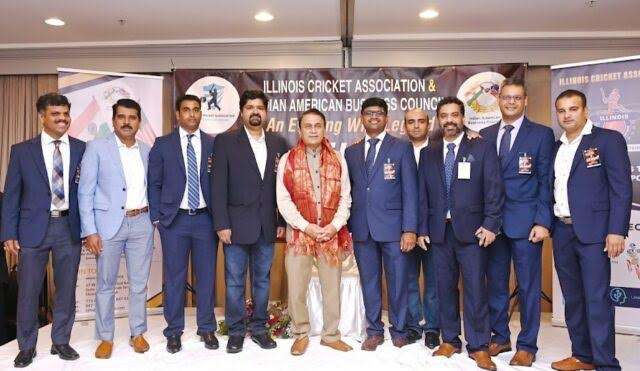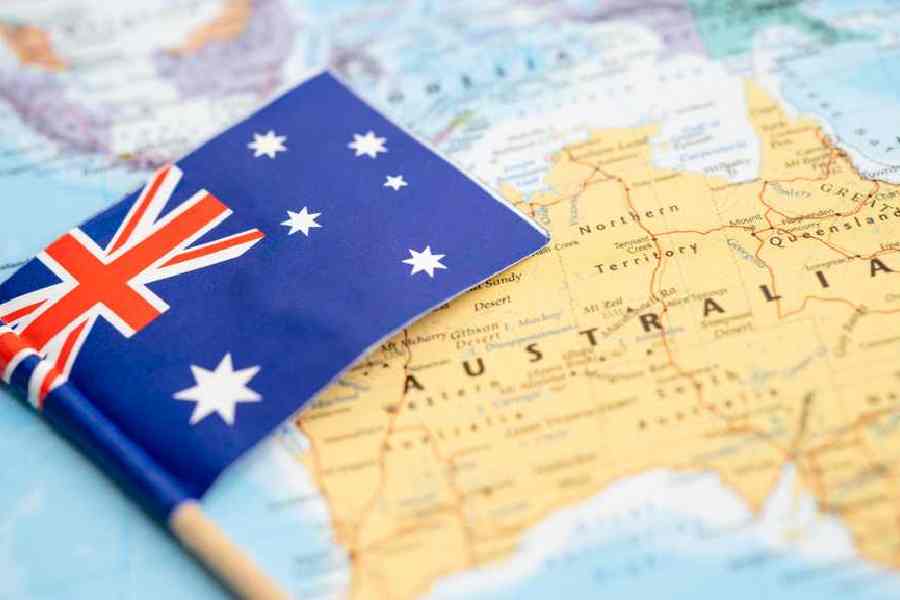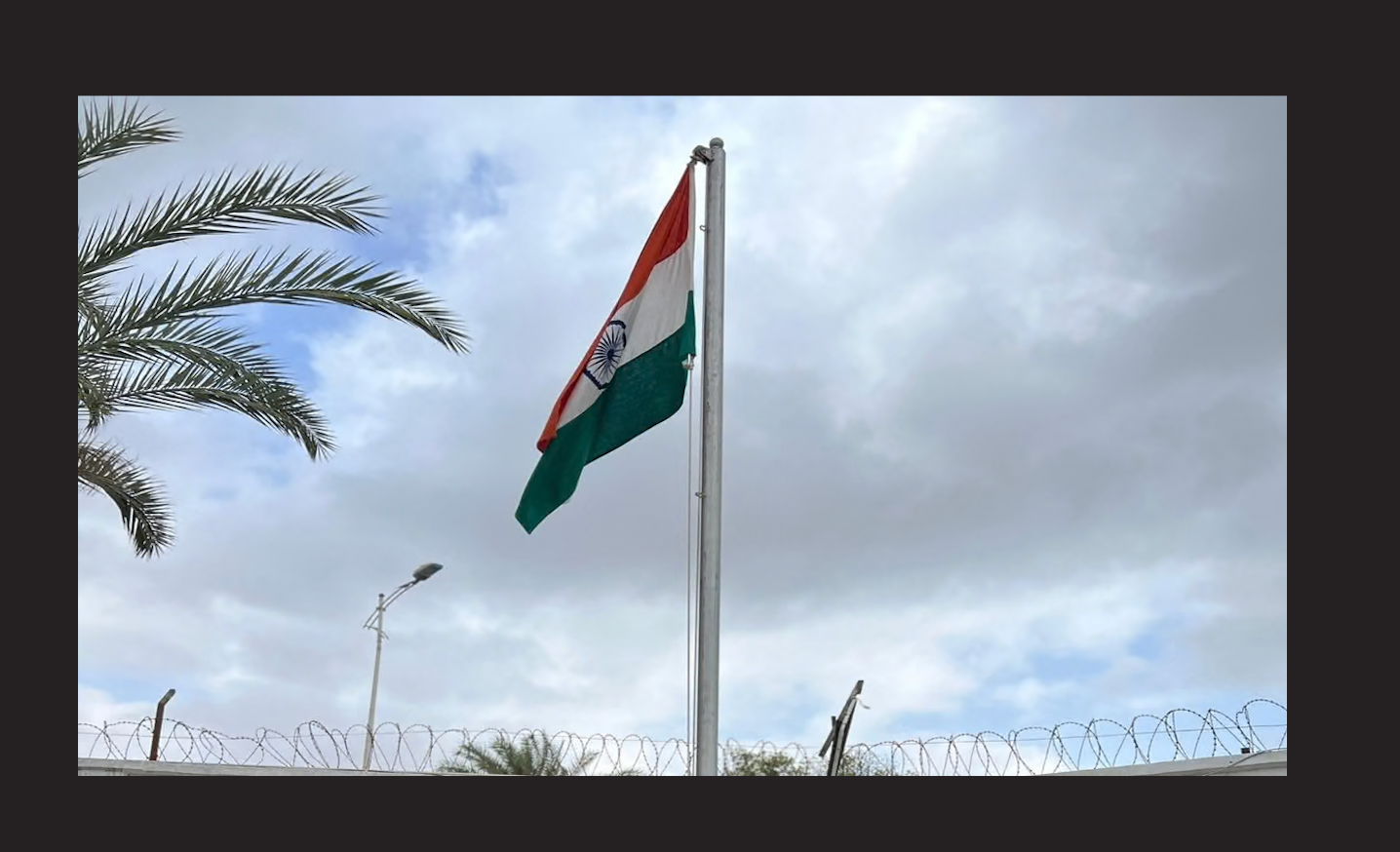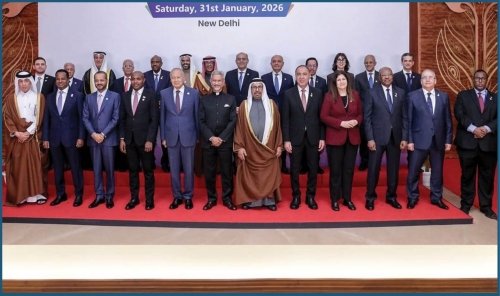Education bodies in Australia, Canada and the UK expressed interest to collaborate with Indian universities in different capacities, according to thepienews
India’s efforts towards internationalisation of its higher education sector received a boost when education bodies in Australia, Canada and the UK expressed interest to collaborate with Indian universities in different capacities, according to thepienews.
These include offering joint and/or twinning programs, dual degree programmes and opening satellite campuses in India. India’s higher education regulator University Grants Commission has held a series of discussions with representatives from many foreign universities and has also come up with a set of regulations recently.
Reports indicate that about 50 foreign universities have shown interest in offering joint or twinning programmes and opening branch campuses in India. The UGC has also reached out to foreign envoys on the possibilities of such collaborations.
These are in line with the recommendation of India’s National Education Policy 2020 and the Budget Announcement of 2021-22, which focuses on the importance of allowing foreign universities to come to India. The UGC regulations 2022 are aimed at encouraging Indian universities to come forward and collaborate with foreign institutions.
In a letter to vice chancellors of all Indian universities, Rajnish Jain, Secretary of the UGC, said, “These regulations will promote enhanced academic collaboration with foreign higher educational institutions leading towards academic and research excellence in the Indian institutions.
“It is expected that academic and research collaboration as well as mobility of students and faculty through joint degree and dual degree programs will be highly beneficial for the Indian higher educational institutions to achieve higher global rankings,” Jain added.
According to these regulations, colleges and universities in India can tie-up with foreign institutions for dual degrees, joint degrees and twinning programmes.
Twinning programs will be a collaborative arrangement under which students enrolled with an Indian university can pursue their studies partly in India, complying with relevant UGC regulations, and partly in a foreign university.
The degree offered under such twinning programmes will be awarded by the Indian higher educational institution. However, credits earned by the students at a foreign university will be counted towards the degree.
For a joint degree programme, the curriculum will be formulated jointly by the Indian and foreign university collaborating. The degree will be awarded by the Indian institution and the foreign university with a single certificate.
Dual degree programmes will be jointly designed and offered by the Indian and foreign higher education institutions in the same disciplines or subject areas and at the same level. The degrees for these programmes will be conferred separately and simultaneously by the two institutions once degree requirements of both the institutions are complete.
The Indian government has also continued to express plans to allow foreign universities to set up campuses in India in recent months. According to Eldho Mathews, deputy advisor in the Unit for International Cooperation at the National Institute of Educational Planning and Administration-NIEPA in Delhi, foreign universities collaborating with Indian universities “will help students to experience internationalisation of education and also reduce the cost of studies”.
“Signing of credit-sharing agreements under the National Education Policy 2020 and the National Higher Education Quality Framework would facilitate tie-ups with foreign universities,” Mathews added.
NIEPA conducted a survey in 2021 that featured universities from the top 200 category of the Times Higher Education World University Rankings 2021. A few universities indicated their willingness to set up international branch campuses in India.
As per reports, about 50 foreign universities have shown interest in offering joint or twinning programs and opening branch campuses in India. The UGC has also reached out to foreign envoys on the possibilities of such collaborations
Earlier this year the UK and India recognised each other’s qualification in a “landmark” agreement, around a month after the largest UK delegation visited the country. And now Australian and Indian universities are continuing to deepen and expand strong and collaborative education and research ties.
According to Catriona Jackson, Chief Executive, Universities Australia, “The recent visit by India’s education minister to Australia reinforces the importance of this relationship to both nations and provides an occasion to strengthen existing partnerships and forge new ones.”
Australia and India’s universities have 452 formal partnership agreements between them, which is more than four times as many as there were in 2007. “We welcome the recent initiative by the University of Wollongong which will see a teaching and research base in Gujarat’s Gift City as early as next May,” Jackson continued.
“Plans for joint programs with Indian universities more broadly are being carefully considered by Australia’s universities. The recent signing of our historic trade agreement with India will unlock more opportunities to grow our relationship and cooperate more closely for the benefit of both our nations.”
Universities in Canada are also upbeat about the possibilities of working together with Indian institutions. “Canadian universities are open to partnerships to strengthen relationships and enhance collaboration between our institutions for the benefit of all Canadians and Indians,” said Karl Oczkowski, Assistant Director of Communications at Universities Canada.
“Canadian universities continue to deepen existing relationships and develop new, innovative partnerships offering joint programming, international articulation, and research collaboration opportunities.”
As per reports, about 50 foreign universities have shown interest in offering joint or twinning programs and opening branch campuses in India. The UGC has also reached out to foreign envoys on the possibilities of such collaborations.
(Vandana Jyotirmayee writes for Pravasi Samwad without any monetary benefits)
*********************************************************************
Readers
These are extraordinary times. All of us have to rely on high-impact, trustworthy journalism. And this is especially true of the Indian Diaspora. Members of the Indian community overseas cannot be fed with inaccurate news.
Pravasi Samwad is a venture that has no shareholders. It is the result of an impassioned initiative of a handful of Indian journalists spread around the world. We have taken the small step forward with the pledge to provide news with accuracy, free from political and commercial influence. Our aim is to keep you, our readers, informed about developments at ‘home’ and across the world that affect you.
Please help us to keep our journalism independent and free.
In these difficult times, to run a news website requires finances. While every contribution, big or small, will makes a difference, we request our readers to put us in touch with advertisers worldwide. It will be a great help.
For more information: pravasisamwad00@gmail.com

